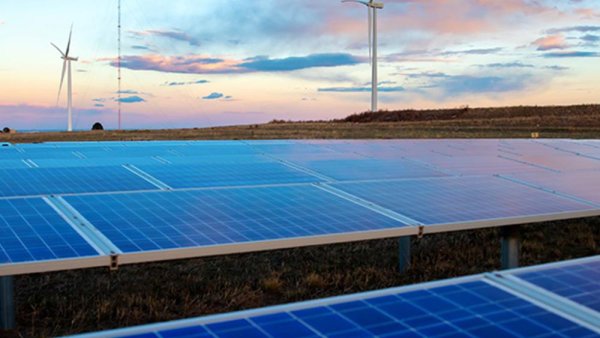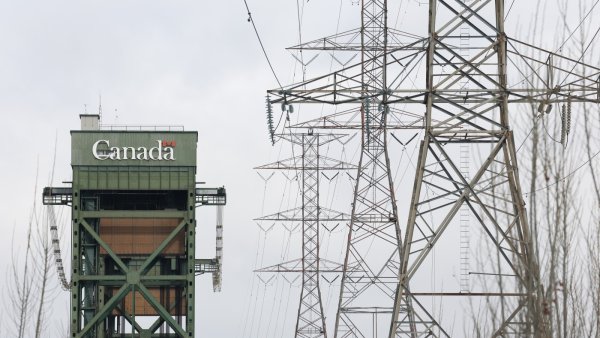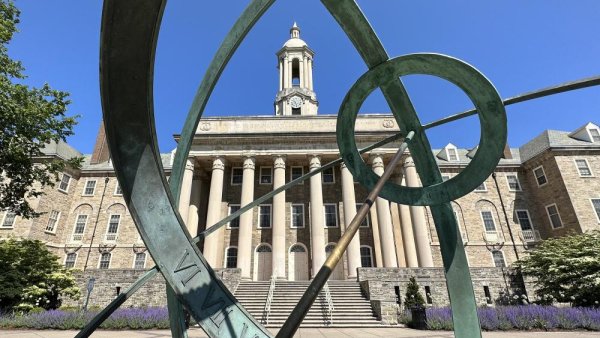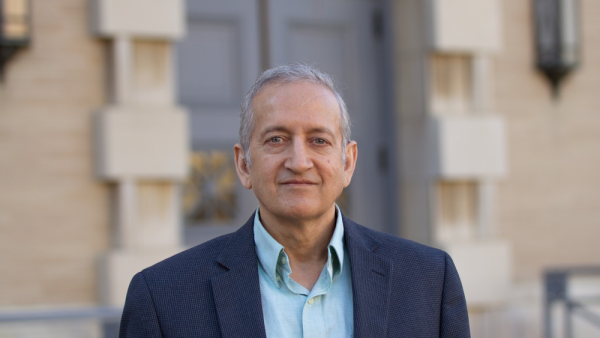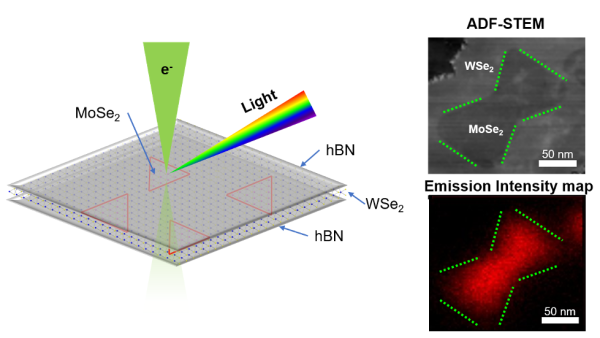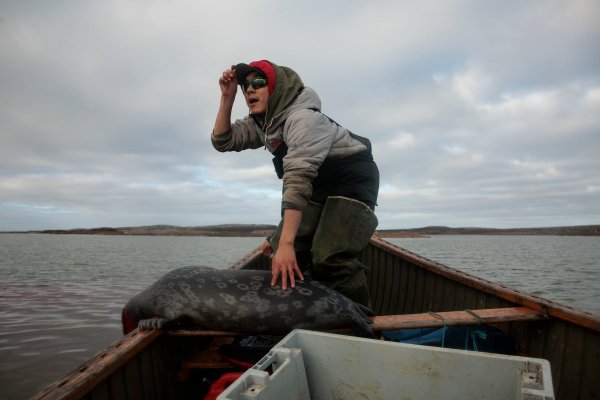Ag Sciences research institute SAFES funds projects addressing critical issues
| psu.edu
Penn State’s College of Agricultural Sciences, through its Institute for Sustainable Agricultural, Food and Environmental Science, known as SAFES, announced funding awards to accelerate the advancement of its Critical Issues Initiatives.
Solar experts rank the most efficient panels of 2025 — see how next-gen solar can slash your bills
| thecooldown.com
A brand-by-brand comparison of home solar arrays by CNET found that Maxeon's 7 panels from Singapore are leading the charge with an impressive 24.1% efficiency in real-world conditions. This article quotes Daniel Ciolkosz, associate research professor of agricultural and biological engineering.
Reusing old oil and gas wells may offer green energy storage solution
| psu.edu
Moving from fossil fuels to renewable energy sources like wind and solar will require better ways to store energy for use when the sun is not shining or the wind is not blowing. A new study by researchers at Penn State found that taking advantage of natural geothermal heat in depleted oil and gas wells can improve the efficiency of one proposed energy storage solution: compressed-air energy storage.
AI-powered cooling startup aims to boost data center efficiency
| psu.edu
NexDCCool Technologies, a Penn State research-based startup launched by Wangda Zuo’s lab, is developing a platform powered by artificial intelligence that aims to optimize the cooling systems in data centers, which would help maximize IT capacity by reducing cooling demand.
Opportunity: Call for Abstracts for Biennial Residential Building Design & Construction Conference
Submit a 200-300 word abstract by April 25, 2025, for the 8th Biennial Residential Building Design & Construction Conference.
The U.S. buys electricity from Canada. Now it's a focus of the trade war
| npr.org
As a trade war grew this week, Ontario's leader threatened a surcharge on Canadian electricity sold in some U.S. states. The episode highlighted the U.S. reliance on imported Canadian power. This article and National Public Radio segment quotes Seth Blumsack, professor of energy policy and economics.
Kenan Ünlü selected as review panel member by National Academy of Sciences
| news.engr.psu.edu
Kenan Ünlü, director of the Radiation Science and Engineering Center and professor of nuclear engineering, has been named a member of the Laboratory Assessments Board by the National Academy of Sciences for Assessment of the National Institute of Standards and Technology’s (NIST) Center for Neutron Research.
Search underway for next Penn State ICDS director
| psu.edu
Penn State is currently seeking nominations and candidates for the position of director of the Institute for Computational and Data Science, housed within the Office of the Senior Vice President for Research. This role leads the institute's vision and strategy, enhances interdisciplinary research collaborations and advances the University’s capabilities in high-performance computing, artificial intelligence, quantum computing and other advanced fields.
Jainendra Jain named 2025 Wolf Prize laureate in physics
| psu.edu
Jainendra K. Jain, Evan Pugh University Professor and Erwin W. Müller Professor of Physics and holder of the Eberly Family Chair in the Penn State Eberly College of Science, has been awarded, along with two others, the 2025 Wolf Prize in Physics for “groundbreaking contributions to quantum matter and its topological potential” that revolutionized “our understanding of two-dimensional electron systems in strong magnetic fields.”
Project aims to increase geothermal energy use in state
| observer-reporter.com
The heat is on to launch a project that could lead to large-scale extraction of geothermal heat, a stable and abundant energy source located a mile-and-a-half underground. Increased access to and transport of geothermal energy from subterranean depths could result in enhanced electricity production for use by businesses and consumers across Pennsylvania. This article quotes Terry Engelder, Professor Emeritus of Geosciences.
‘Nanodot’ control could fine-tune light for sharper displays, quantum computing
| psu.edu
Newly achieved precise control over light emitted from incredibly tiny sources, a few nanometers in size, embedded in two-dimensional materials could lead to remarkably high-resolution monitors and advances in ultra-fast quantum computing, according to an international team led by researchers at Penn State and Université Paris-Saclay.
I went to the edge of the world to see the very near future of climate change
| inquirer.com
The Inuit community of Inukjuak in northern Québec has long fought to preserve the traditional culinary practices that define them, but climate change is a threat unlike anything they've faced before.



